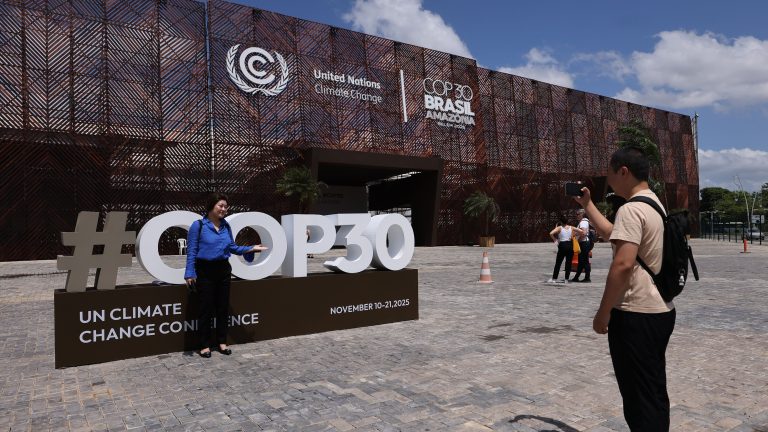Climate adaptation remains neglected on the global stage, as funders continue to prioritise carbon mitigation projects with faster financial returns. Yet, those most affected by climate change are the poorest nations and communities—particularly in Africa—who bear little responsibility for the crisis and lack resources to adapt.

Africa must not only claim a fair share of global adaptation finance but ensure the funds strengthen its socio-economic priorities such as infrastructure, industrialisation, and poverty reduction. This alignment, experts argue, is essential for meaningful climate resilience.
Despite mounting climate impacts, adaptation receives only a fraction of global funding. In 2023, just 3% of the US$1.9 trillion in climate finance—about US$65 billion—was allocated to adaptation, much of it through debt-based loans that deepen developing countries’ financial burdens. Analysts say the problem is not a lack of capital but a failure to direct resources to areas most vulnerable to climate shocks.
At the national level, many African countries still lack strong adaptation policies and rely heavily on short-term, technology-driven fixes like desalination or carbon capture, often benefiting private corporations more than local communities. True resilience, experts argue, depends on integrating traditional knowledge, sustainable agriculture, and water governance reforms rather than market-driven solutions.

To achieve equitable adaptation, Africa must pursue an adaptation–infrastructure–industrialisation nexus—linking climate projects to local manufacturing, resilient infrastructure, and job creation. Examples include water storage systems, climate-resilient pavements, and mangrove-based coastal defences.
With over 90% of Africa’s adaptation finance coming from international loans, experts urge stronger national climate funds, regional cooperation, and African-led investment. They also call for reforms to global financial systems that keep developing nations in debt.

As COP30 approaches, Africa’s focus should be on embedding its development and social priorities into global adaptation frameworks—ensuring climate finance truly serves African resilience, not foreign interests.



